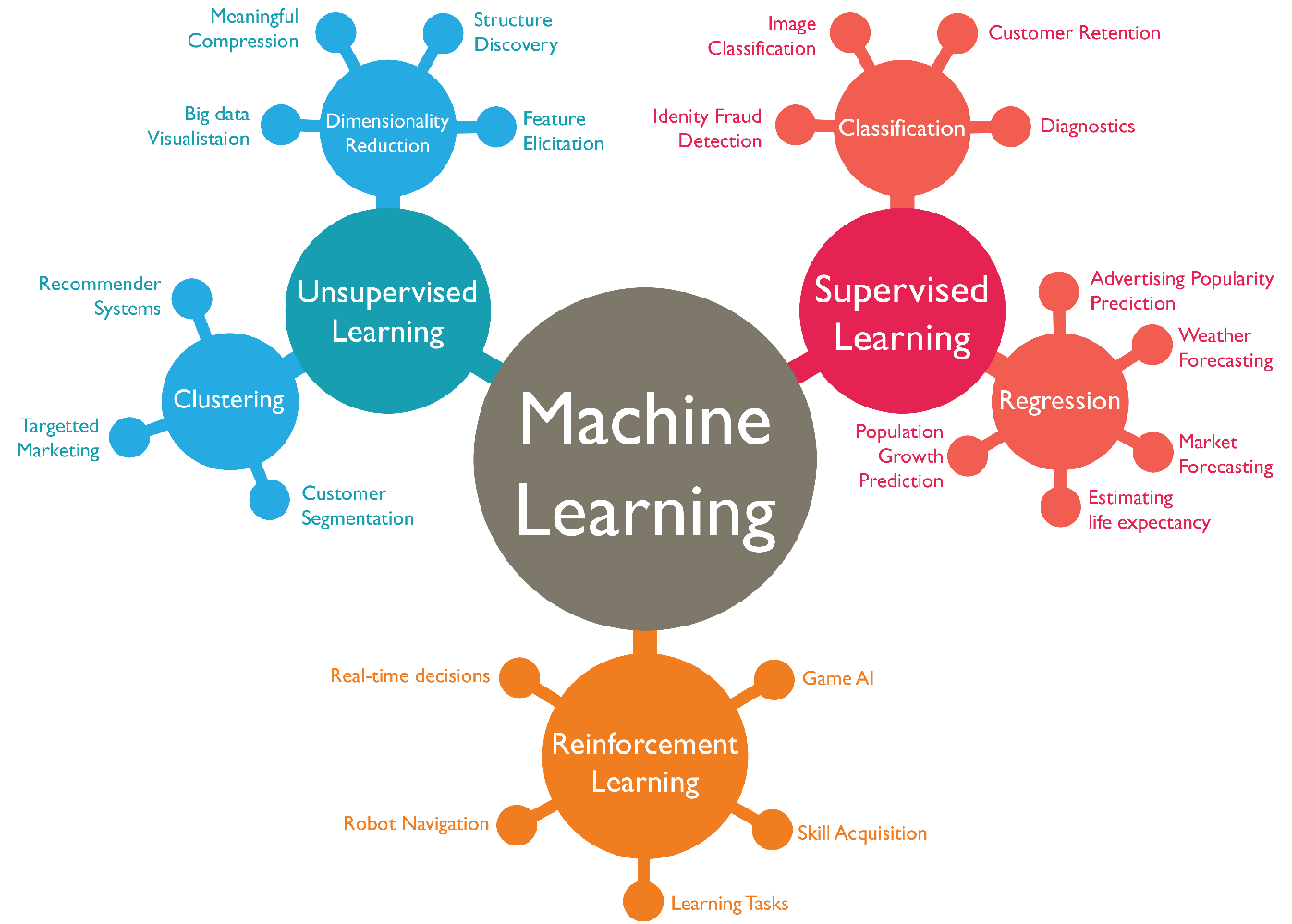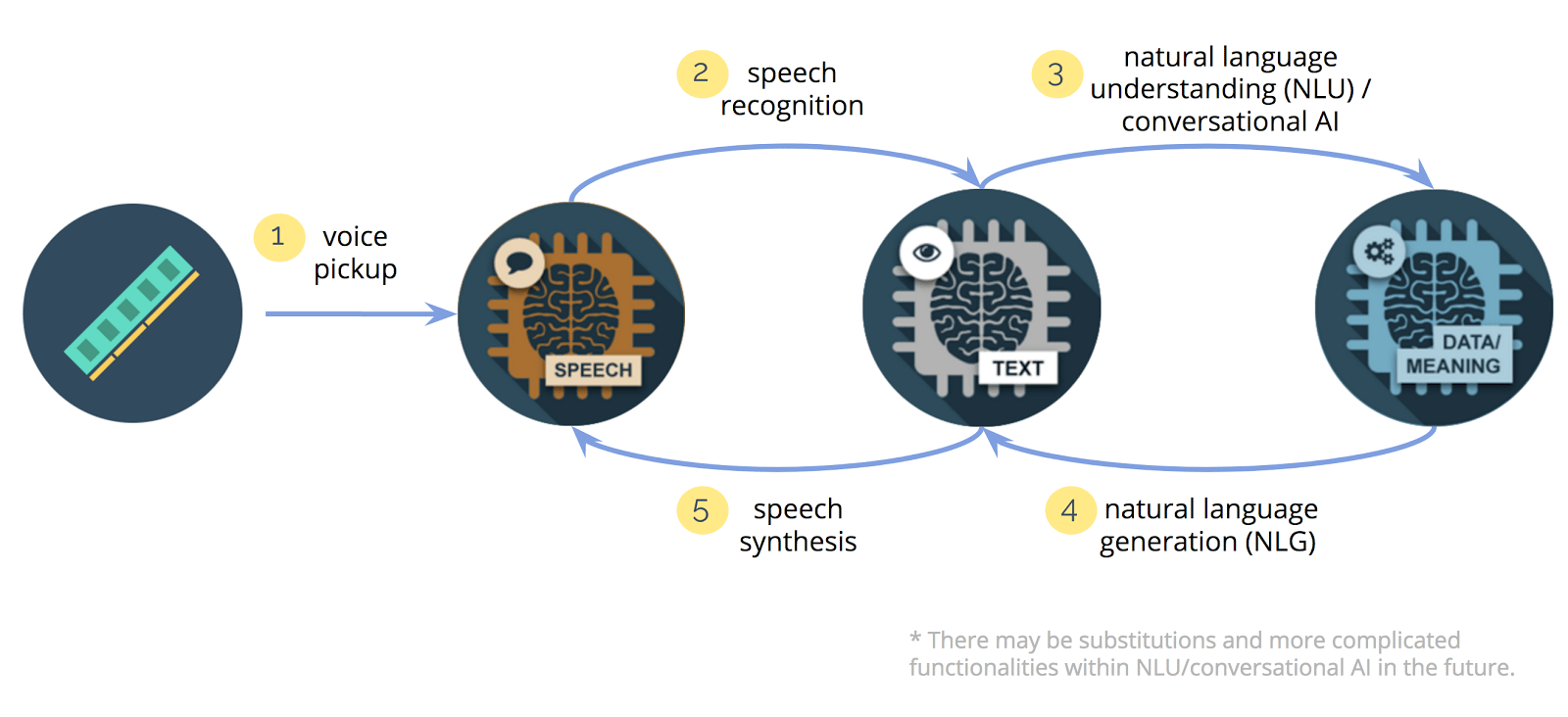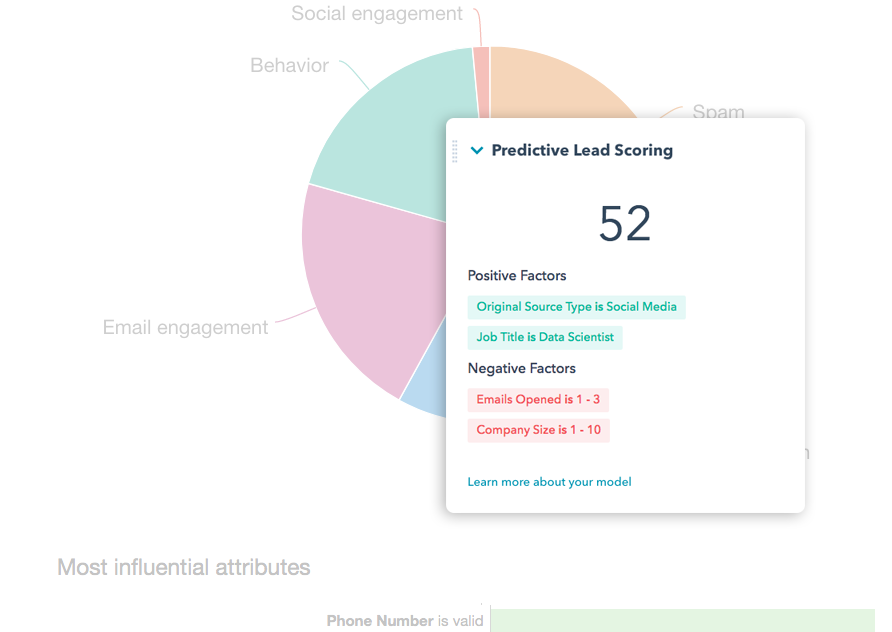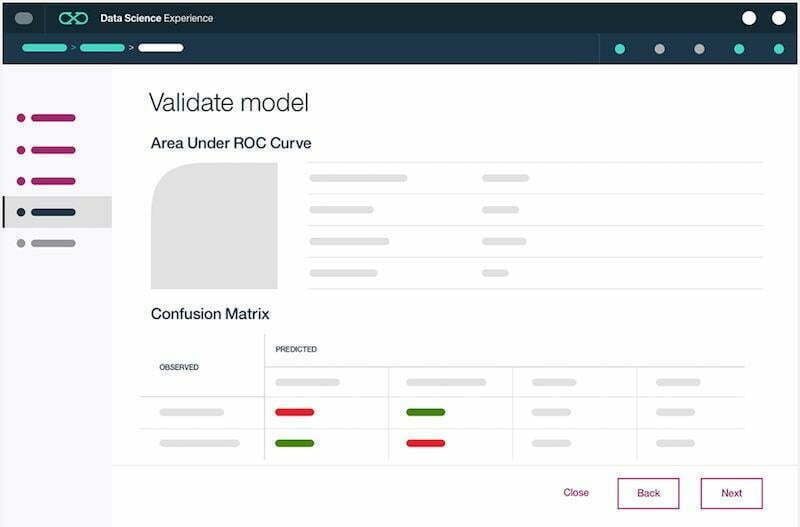If science-fiction movies have taught us anything, it’s that the future is a bleak and terrifying dystopia ruled by murderous sentient robots.
Fortunately, only one of these things is true – but that could soon change, as the doomsayers are so fond of telling us.

Image via Abdul Rahid
Artificial intelligence and machine learning are among the most significant technological developments in recent history. Few fields promise to “disrupt” (to borrow a favored term) life as we know it quite like machine learning, but many of the applications of machine learning technology go unseen.
Want to see some real examples of machine learning in action? Here are 10 companies that are using the power of machine learning in new and exciting ways (plus a glimpse into the future of machine learning).
1. Yelp – Image Curation at Scale
Few things compare to trying out a new restaurant then going online to complain about it afterwards. This is among the many reasons why Yelp is so popular (and useful).
While Yelp might not seem to be a tech company at first glance, Yelp is leveraging machine learning to improve users’ experience.
Since images are almost as vital to Yelp as user reviews themselves, it should come as little surprise that Yelp is always trying to improve how it handles image processing.
This is why Yelp turned to machine learning a couple of years ago when it first implemented its picture classification technology. Yelp’s machine learning algorithms help the company’s human staff to compile, categorize, and label images more efficiently – no small feat when you’re dealing with tens of millions of photos.
2. Pinterest – Improved Content Discovery
Whether you’re a hardcore pinner or have never used the site before, Pinterest occupies a curious place in the social media ecosystem. Since Pinterest’s primary function is to curate existing content, it makes sense that investing in technologies that can make this process more effective would be a priority – and that’s definitely the case at Pinterest.

In 2015, Pinterest acquired Kosei, a machine learning company that specialized in the commercial applications of machine learning tech (specifically, content discovery and recommendation algorithms).
Today, machine learning touches virtually every aspect of Pinterest’s business operations, from spam moderation and content discovery to advertising monetization and reducing churn of email newsletter subscribers. Pretty cool.
3. Facebook – Chatbot Army
Although Facebook’s Messenger service is still a little…contentious (people have very strong feelings about messaging apps, it seems), it’s one of the most exciting aspects of the world’s largest social media platform. That’s because Messenger has become something of an experimental testing laboratory for chatbots.

Some chatbots are virtually indistinguishable from humans when conversing via text
Any developer can create and submit a chatbot for inclusion in Facebook Messenger. This means that companies with a strong emphasis on customer service and retention can leverage chatbots, even if they’re a tiny startup with limited engineering resources.
Of course, that’s not the only application of machine learning that Facebook is interested in. AI applications are being used at Facebook to filter out spam and poor-quality content, and the company is also researching computer vision algorithms that can “read” images to visually impaired people.
4. Twitter – Curated Timelines
Twitter has been at the center of numerous controversies of late (not least of which were the much-derided decisions to round out everyone’s avatars and changes to the way people are tagged in @ replies), but one of the more contentious changes we’ve seen on Twitter was the move toward an algorithmic feed.

Rob Lowe was particularly upset by the introduction of algorithmically curated Twitter timelines
Whether you prefer to have Twitter show you “the best tweets first” (whatever that means) or as a reasonably chronological timeline, these changes are being driven by Twitter’s machine learning technology. Twitter’s AI evaluates each tweet in real time and “scores” them according to various metrics.
Ultimately, Twitter’s algorithms then display tweets that are likely to drive the most engagement. This is determined on an individual basis; Twitter’s machine learning tech makes those decisions based on your individual preferences, resulting in the algorithmically curated feeds, which kinda suck if we’re being completely honest. (Does anybody actually prefer the algorithmic feed? Tell me why in the comments, you lovely weirdos.)
5. Google – Neural Networks and ‘Machines That Dream’
These days, it’s probably easier to list areas of scientific R&D that Google – or, rather, parent company Alphabet – isn’t working on, rather than trying to summarize Google’s technological ambition.
Needless to say, Google has been very busy in recent years, having diversified into such fields as anti-aging technology, medical devices, and – perhaps most exciting for tech nerds – neural networks.
The most visible developments in Google’s neural network research has been the DeepMind network, the “machine that dreams.” It’s the same network that produced those psychedelic images everybody was talking about a while back.
According to Google, the company is researching “virtually all aspects of machine learning,” which will lead to exciting developments in what Google calls “classical algorithms” as well as other applications including natural language processing, speech translation, and search ranking and prediction systems.
6. Edgecase – Improving Ecommerce Conversion Rates
For years, retailers have struggled to overcome the mighty disconnect between shopping in stores and shopping online. For all the talk of how online retail will be the death-knell of traditional shopping, many ecommerce sites still suck.
Edgecase, formerly known as Compare Metrics, hopes to change that.

Edgecase hopes its machine learning technology can help ecommerce retailers improve the experience for users. In addition to streamlining the ecommerce experience in order to improve conversion rates, Edgecase plans to leverage its tech to provide a better experience for shoppers who may only have a vague idea of what they’re looking for, by analyzing certain behaviors and actions that signify commercial intent – an attempt to make casual browsing online more rewarding and closer to the traditional retail experience.
7. Baidu – The Future of Voice Search
Google isn’t the only search giant that’s branching out into machine learning. Chinese search engine Baidu is also investing heavily in the applications of AI.

A simplified five-step diagram illustrating the key stages of a natural language processing system
One of the most interesting (and disconcerting) developments at Baidu’s R&D lab is what the company calls Deep Voice, a deep neural network that can generate entirely synthetic human voices that are very difficult to distinguish from genuine human speech. The network can “learn” the unique subtleties in the cadence, accent, pronunciation and pitch to create eerily accurate recreations of speakers’ voices.
Far from an idle experiment, Deep Voice 2 – the latest iteration of the Deep Voice technology – promises to have a lasting impact on natural language processing, the underlying technology behind voice search and voice pattern recognition systems. This could have major implications for voice search applications, as well as dozens of other potential uses, such as real-time translation and biometric security.
8. HubSpot – Smarter Sales
Anyone who is familiar with HubSpot probably already knows that the company has long been an early adopter of emerging technologies, and the company proved this again earlier this month when it announced the acquisition of machine learning firm Kemvi.

Predictive lead scoring is just one of the many potential applications of AI and machine learning
HubSpot plans to use Kemvi’s technology in a range of applications – most notably, integrating Kemvi’s DeepGraph machine learning and natural language processing tech in its internal content management system.
This, according to HubSpot’s Chief Strategy Officer Bradford Coffey, will allow HubSpot to better identify “trigger events” – changes to a company’s structure, management, or anything else that affects day-to-day operations – to allow HubSpot to more effectively pitch prospective clients and serve existing customers.
9. IBM – Better Healthcare
The inclusion of IBM might seem a little strange, given that IBM is one of the largest and oldest of the legacy technology companies, but IBM has managed to transition from older business models to newer revenue streams remarkably well. None of IBM’s products demonstrate this better than its renowned AI, Watson.

An example of how IBM’s Watson can be used to test and validate self-learning behavioral models
Watson may be a Jeopardy! champion, but it boasts a considerably more impressive track record than besting human contestants in televised game shows. Watson has been deployed in several hospitals and medical centers in recent years, where it demonstrated its aptitude for making highly accurate recommendations in the treatment of certain types of cancers.
Watson also shows significant potential in the retail sector, where it could be used as an assistant to help shoppers, as well as the hospitality industry. As such, IBM is now offering its Watson machine learning technology on a license basis – one of the first examples of an AI application being packaged in such a manner.
10. Salesforce – Intelligent CRMs
Salesforce is a titan of the tech world, with strong market share in the customer relationship management (CRM) space and the resources to match. Lead prediction and scoring are among the greatest challenges for even the savviest digital marketer, which is why Salesforce is betting big on its proprietary Einstein machine learning technology.

Salesforce Einstein allows businesses that use Salesforce’s CRM software to analyze every aspect of a customer’s relationship – from initial contact to ongoing engagement touch points – to build much more detailed profiles of customers and identify crucial moments in the sales process. This means much more comprehensive lead scoring, more effective customer service (and happier customers), and more opportunities.
The Future of Machine Learning
One of the main problems with rapid technological advancement is that, for whatever reason, we end up taking these leaps for granted. Some of the applications of machine learning listed above would have been almost unthinkable as recently as a decade ago, and yet the pace at which scientists and researchers are advancing is nothing short of amazing.
So, what’s next in machine learning trends?
Machines That Learn More Effectively
Before long, we’ll see artificial intelligences that can learn much more effectively. This will lead to developments in how algorithms are treated, such as AI deployments that can recognize, alter, and improve upon their own internal architecture with minimal human supervision.
Automation of Cyberattack Countermeasures
The rise of cybercrime and ransomware has forced companies of all sizes to reevaluate how they respond to systemic online attacks. We’ll soon see AI take a much greater role in monitoring, preventing, and responding to cyberattacks like database breaches, DDoS attacks, and other threats.
Convincing Generative Models
Generative models, such as the ones used by Baidu in our example above, are already incredibly convincing. Soon, we won’t be able to tell the difference at all. Improvements to generative modeling will result in increasingly sophisticated images, voices, and even entire identities generated entirely by algorithms.
Better Machine Learning Training
Even the most sophisticated AI can only learn as effectively as the training it receives; oftentimes, machine learning systems require enormous volumes of data to be trained. In the future, machine learning systems will require less and less data to “learn,” resulting in systems that can learn much faster with significantly smaller data sets.








